Two major technology gatherings, GITEX Global and Expand North Star 2025, concluded a landmark week in Dubai, uniting innovators, policymakers, and investors from around the world to celebrate progress across key technology sectors including artificial intelligence, biotechnology, mobility, and beyond.
Organized by the Dubai World Trade Centre (DWTC), both events underscored the UAE’s growing influence in the global tech and innovation landscape. GITEX Global, held from October 13–17 at DWTC, marked its 45th edition with record participation from about 6,800 exhibitors representing diverse nationalities. Expand North Star, staged from October 12–15 at Dubai Harbour, celebrated its tenth anniversary as one of the world’s leading startup connector events, hosting around 2,000 international startups and linking them with investors and business partners.
Building on its reputation as a hub for technological discovery, GITEX Global 2025 centered its programming around “future-critical sectors,” a theme covering the next frontiers of AI, quantum computing, biotechnology, and advanced mobility. Notably, the event drew capacity audiences for sessions exploring how AI is reshaping industries and nations amid the ongoing global boom.
Among the most anticipated sessions was a fireside chat between OpenAI CEO Sam Altman and G42 group CEO Peng Xiao on October 14. Their discussion, moderated by former BBC presenter Amandeep Bhangu, focused on the idea of “AI-native societies” and how national strategies influence the institutional adoption of AI. To initiate, Xiao posed an eminent question:
“Is being AI-native really the future, or is it already the present?”
To reinforce his point, Xiao cited examples such as the use of generative AI in constructing a housing compound for UAE politician Tahnoun bin Zayed Al Nahyan within a year, and G42’s internal deployment of AI agents at a ten-to-one ratio to human employees to enhance productivity.
The conversation between Altman and Xiao was notably candid, exploring both the human and infrastructural challenges of an AI-driven future. They addressed the tension between productivity gains and job displacement, with Xiao emphasizing experimentation and proactive adoption as the most effective path forward. Both agreed on the intrinsic link between energy and intelligence, arguing that AI’s scalability ultimately depends on lowering energy costs through ambitious national policy and strategy.
On the show floor, UAE and Middle Eastern companies had a strong showing, led by G42 and its subsidiaries Core42, Presight, Space42, and others, which exhibited side by side. Their collective presence underscored the region’s expanding role in the global tech ecosystem as visitors explored emerging technologies up close.
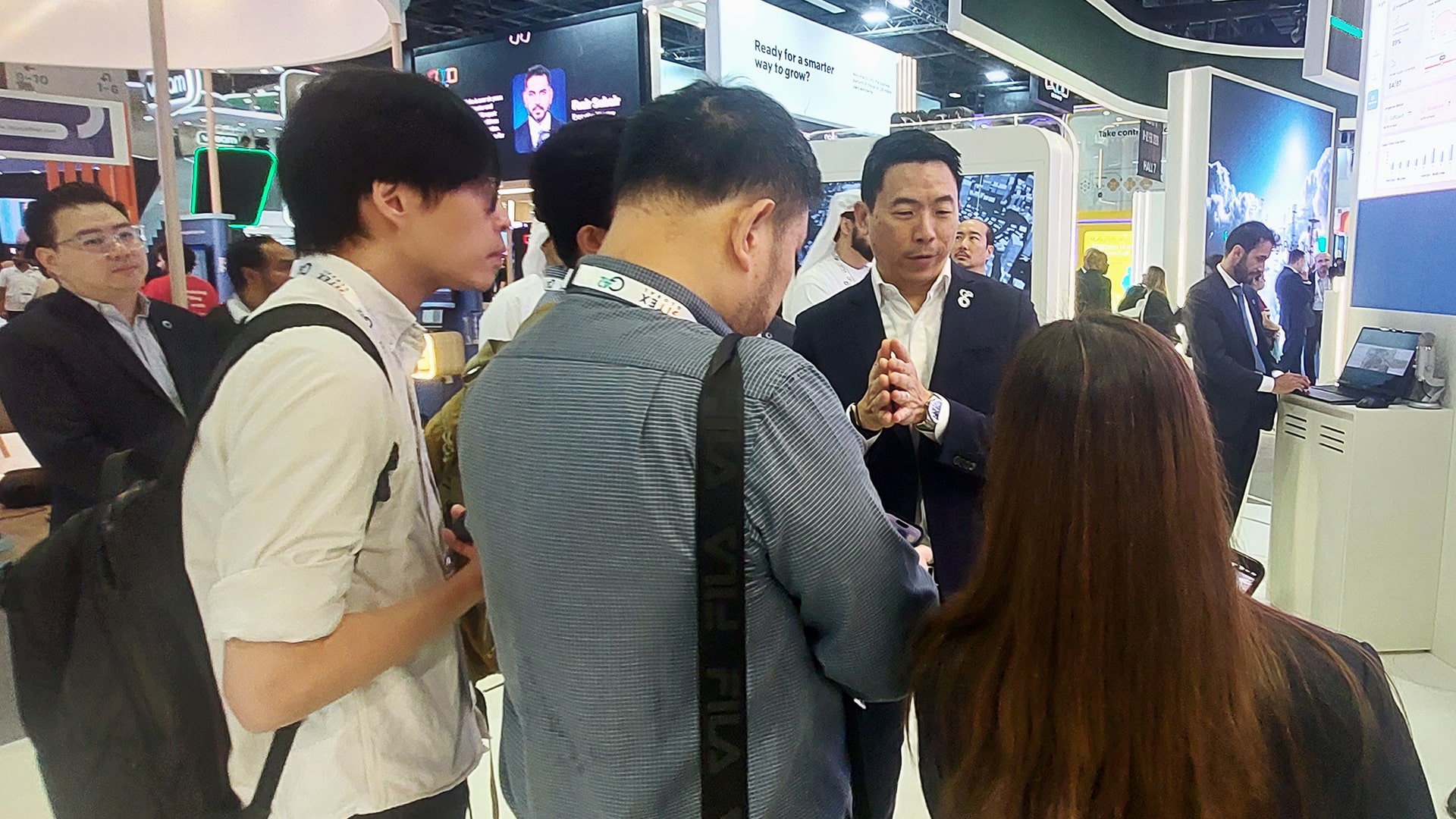
At Etisalat’s pavilion, displays by Aridge (formerly Xpeng AeroHT) and US-listed Archer Aviation showcased current and upcoming eVTOL (electric vertical takeoff and landing) aircraft, including Aridge’s “Land Aircraft Carrier” and Archer’s Midnight model.
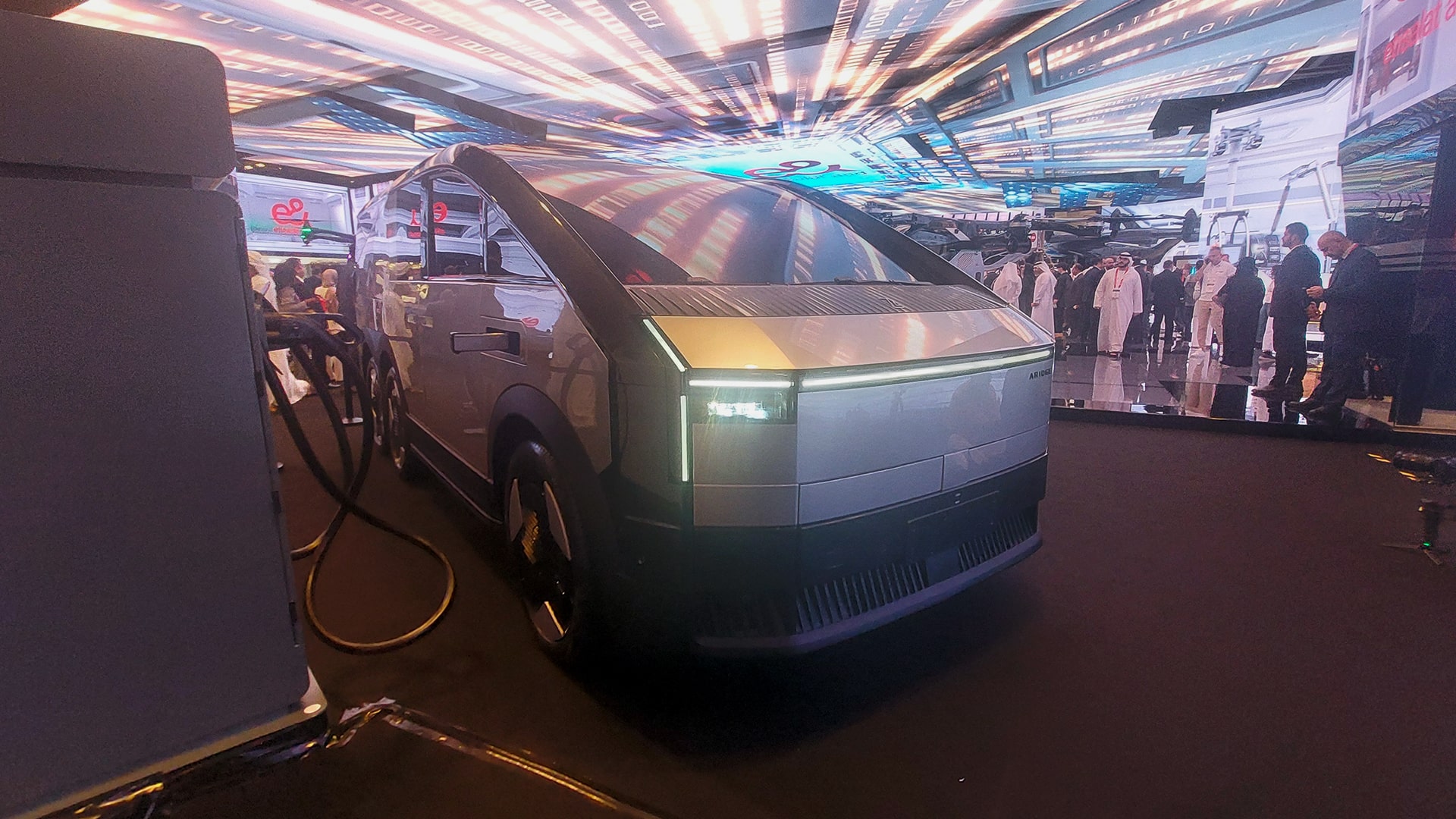
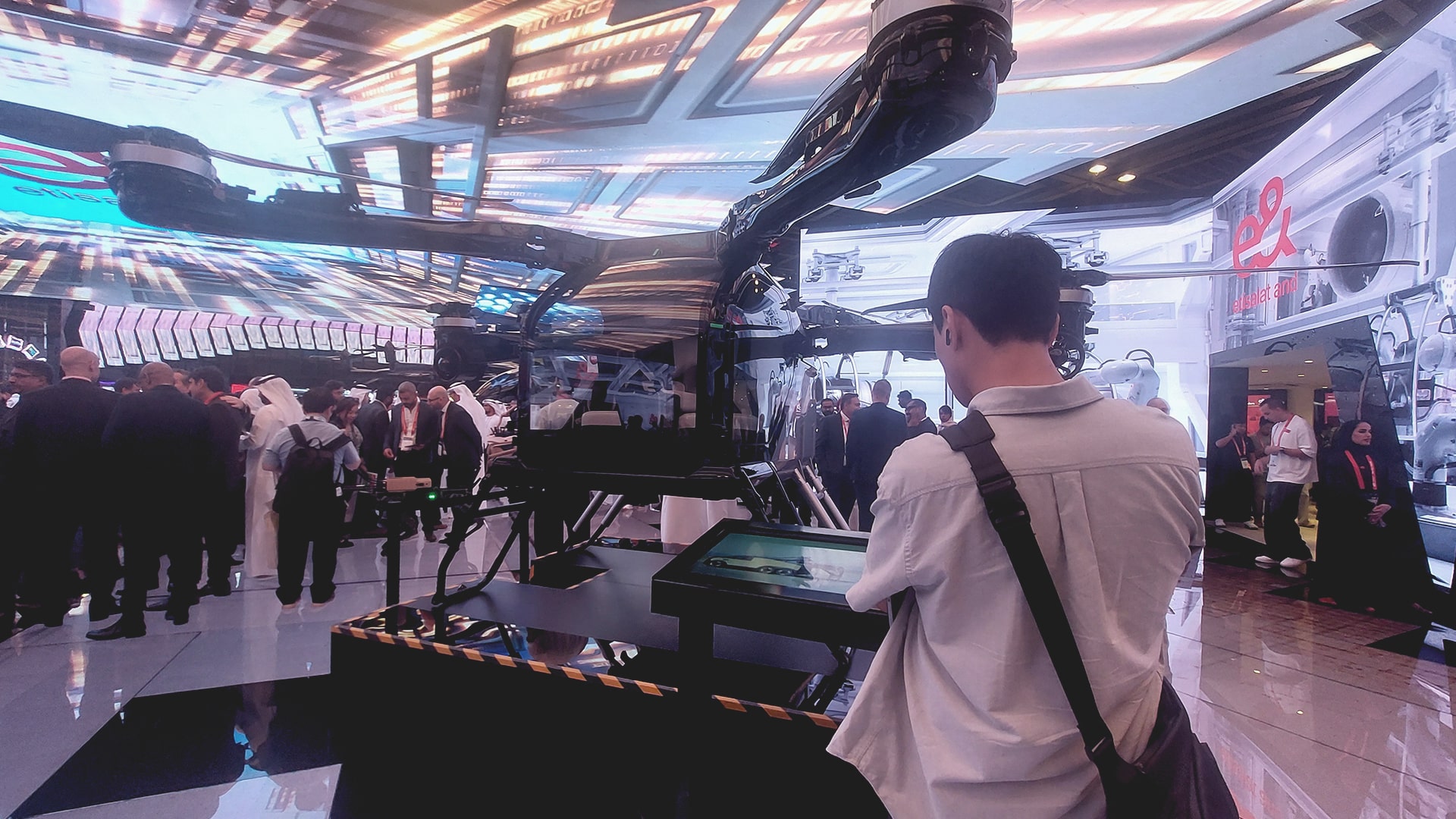
Across town, Expand North Star marked its tenth edition with a program emphasizing innovation, capital, and cross-border collaboration. Hosted by the Dubai Chamber of Digital Economy, the event brought together early- and growth-stage startups from sectors such as fintech, digital health, and sustainability.
The four-day showcase concluded with the Supernova Challenge 2.0, described by DWTC as one of the world’s largest startup competitions. South Korean startup AIM Intelligence took the top prize of USD 100,000, while Chucao Technology Consultants from Chile and Aerialoop from Ecuador placed second and third, respectively.
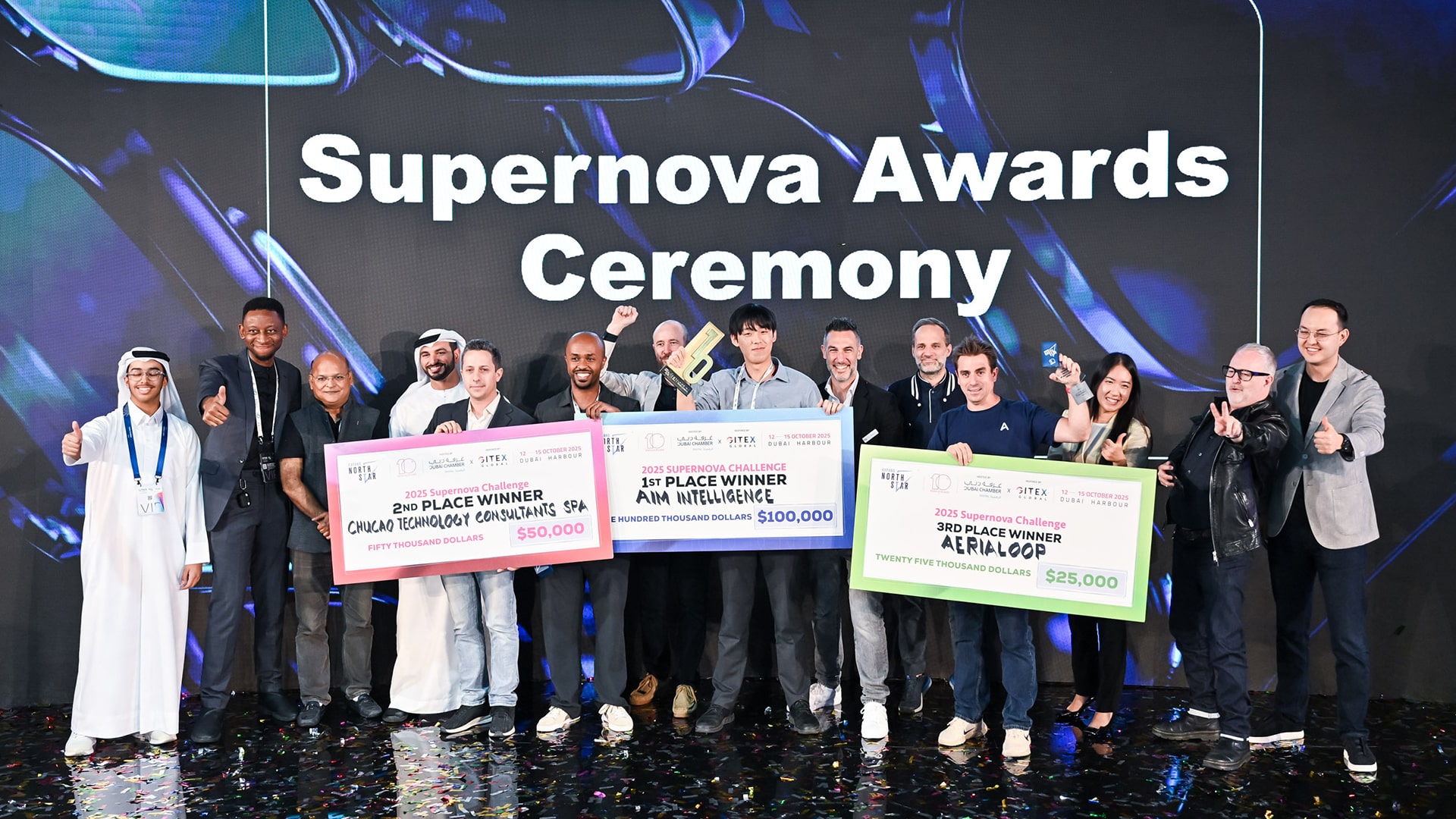
Brazil served as Expand North Star’s first “country partner,” highlighting growing ties between Latin America and the Middle East. Led by ApexBrasil, the country’s trade and investment promotion agency, the partnership brought more than 50 Brazilian startups and innovation hubs to Dubai. Chile and Ecuador also had a strong presence, contributing to what DWTC called the event’s most internationally diverse edition to date.
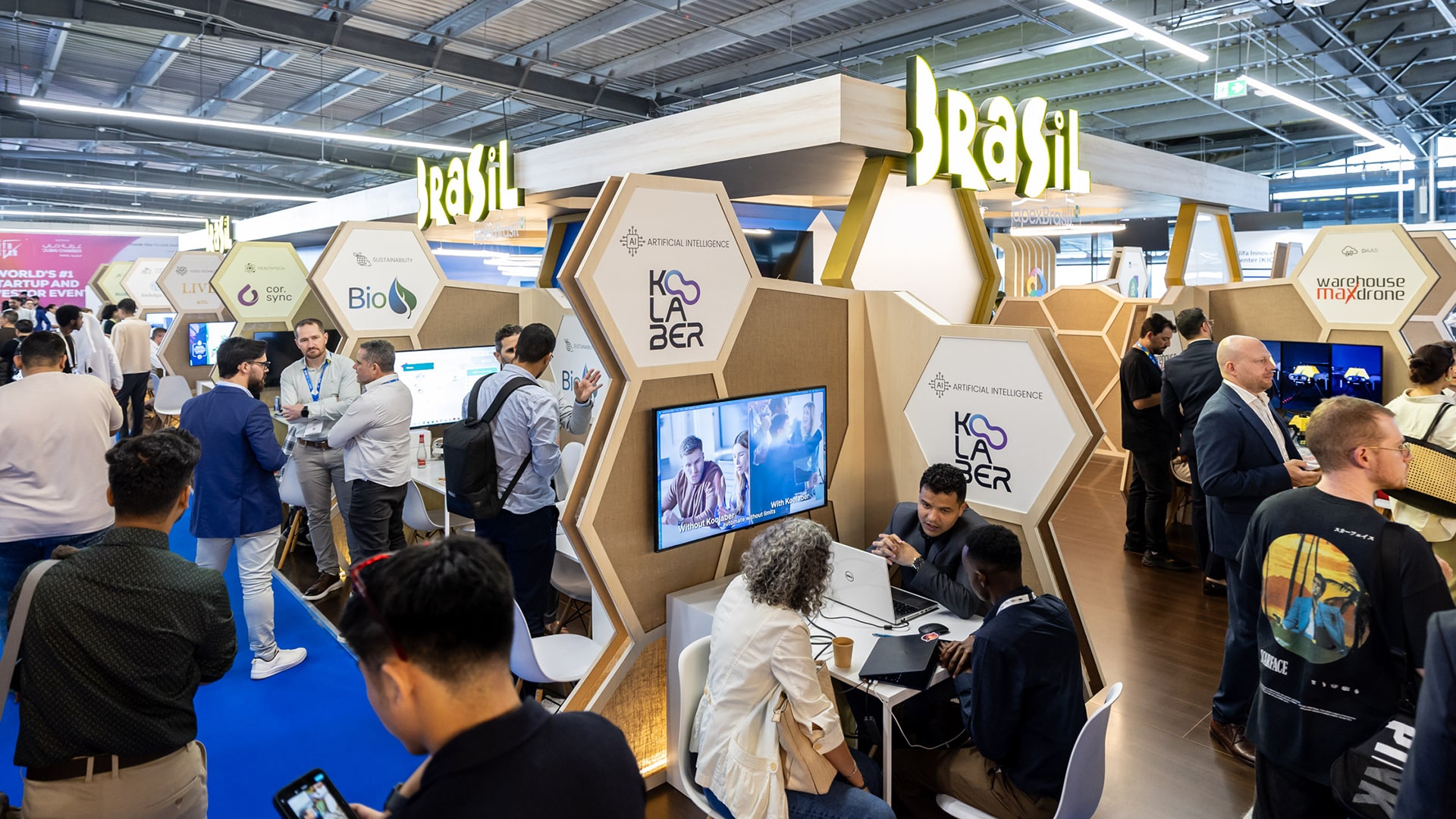
To further extend the global reach of the GITEX event series, DWTC announced plans to expand its annual lineup by launching new editions in Turkey, Brazil, and Serbia. GITEX is scheduled to debut in Istanbul in September next year, followed by Sao Paulo and Belgrade in March and May 2027, respectively. The Brazil edition is positioned as a broader entry into the Latin American market.
In a statement, DWTC said the new locations reflect its mission to bridge emerging markets with the global technology ecosystem. “Our vision is to champion bold, future-shaping innovation on every continent and forge cross-border collaboration, which is especially imperative in the decade of AI,” said Trixie LohMirmand, executive vice president of DWTC and CEO of Kaoun International, DWTC’s international arm.
Next year, GITEX Global and Expand North Star will move to Expo City Dubai and shift on the calendar from October to December. The transition will begin with the GITEX Scale Summit on December 7, followed by the main exhibition from December 8–11, 2026.
